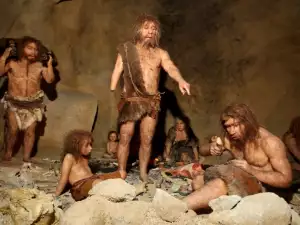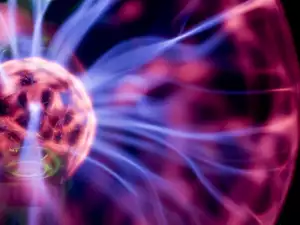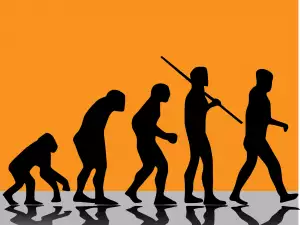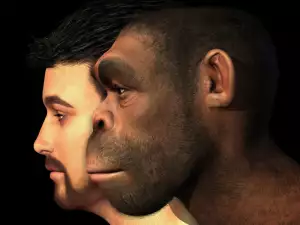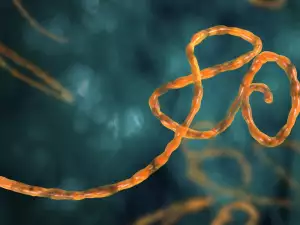If engineers were given the opportunity to design the perfect human body, it would most likely look a lot different from our current anatomy. The reason for this is that evolution hasn't provided us the perfect bodies - they are rather more of a hodgepodge of adaptations.
Today we humans walk upright, are intelligent and dexterous. We may take pride in this but if we were to look at the flip side of the coin we would see that humankind is the most sickly in the entire animal kingdom. Human childbirth and rearing is the hardest by comparison, while the pains we experience throughout our daily lives are unfamiliar to other mammals.
And while the changes in our physical design undoubtedly pushed us to the top of the food chain, let us now explore our major physical flaws.
Back pain
Out of the entire primate order, humans are the only ones who experience back pain. Often, it results from long hours of sitting in one position in front of the computer at the office but the structure of our spinal column is also to blame. Our earliest ancestors walked mainly on four legs. With evolution, they began walking on two, leading to the well-familiar S-shape curvature of our spine. However, this in turn has caused stress in certain points of our bone structure, leading to pain in those areas.

Doomed to weight gain
Scarcity was characteristic for the majority of man's development over the ages. Our early ancestors never knew when their next meal would be, which is exactly why evolution has transformed our bodies into highly effective energy storehouses, stockpiling it in the form of fat. Therein lies the reason why it's so hard to burn off. The situation was further complicated by our progress, which placed a fast food joint on every street corner.
Anxiety and stress
At the dawn of mankind, our daily lives were characterized by 2 things - fight or flight. Evolution made it so that we're always on alert. According to evolutionary biologist Dr. Stephen Stearns, many of our bodily reactions are remnants of the Pleistocene era, 2 million years ago. Modern society does not require such reactions, although the battle between instinct and common sense does cause anxiety and stress.

More difficult childbirth
Unlike other primates, childbirth in humans is by far a more difficult and painful process. In female monkeys, the birth canal is oriented in a way that allows the baby to come out smoothly. In humans, the birth canal is offset by 90 degrees, meaning that women need another person to turn the baby and help it maneuver through the pelvic cavity.
Speed
Today's humans are much slower than their ancestors. According to research by anthropologist Peter McAllister, any average human from the early days of our evolution would have been as fast as even our best Olympians today. His calculations indicate that our forefathers were capable of reaching a speed of about 26 m.p.h. (42 km/h). By comparison, the current record for the fastest human on Earth, held by Usain Bolt, is 25.9 m.p.h (41.8 km/h).



